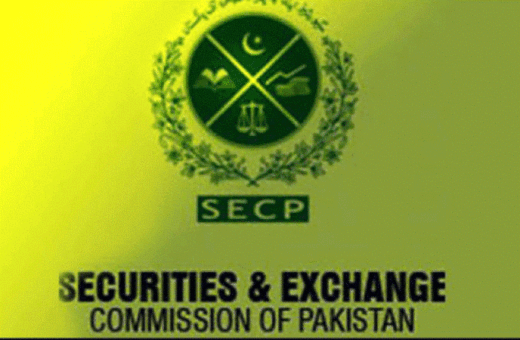KARACHI: The State Bank of Pakistan (SBP) on Thursday directed banks to prepared a comprehensive depositor-wise database/ Management Information System.
A key element of the information system is its capacity to calculate, on any given date, total liability of a bank towards each of its depositors including any interest/ profit accrued on such deposits and generate a report referred as “Single Depositor View (SDV)”.
This would enable Deposit Protection Corporation (DPC) of the central bank to assess the amounts payable to protected depositors and making payout in case of a bank’s failure.
In order to achieve banking industry-wide standardization of SDV report, a standard format of the report has been developed by the DPC.
Furthermore, with a view to facilitate banks in understanding the fields of report and reporting requirements, a document titled “Explanatory Notes on Single Depositor View (SDV) Data” has also been prepared.
The explanatory notes provide explanation of various terms used for SDV data compilation together with clarity on classification of depositors, and balance calculations for protected depositors.
Considering the distinct nature of SDV concept, the banks have been accorded the extension in deadline for the development of information system/ database, as referred in para 10 of DPC Circular No. 01 of 2019, until January 31, 2020.
In this regard, banks are advised to provide a progress report on development of their information system by December 31, 2019.
Going forward, DPC shall assess the system’s readiness and efficacy through SBP-inspection teams or by its designated staff for the purpose.
The member banks are also required to submit first such report of the position of depositors, as per formats as of December 31, 2019 by February 15, 2020 and then onwards on quarterly basis.
DPC had issued Circular No. 01 of 2019 dated March 15, 2019 on ‘Information System for Protected Depositors of Member Banks’ where all member banks were required to appropriately install or update their systems including software(s)/ database(s) for maintaining a comprehensive depositor-wise database. Such a database is required to identify, on any given date, all accounts of any single depositor and calculate the total liability of a bank towards that depositor (including any interest/ profit accrued till the given date) referred as “Single Depositor View (SDV)”.
The SBP said that at present, multiple core banking systems are available across banks with each bank relying on a specific system having its own data structure and alignment of different information fields.
Therefore, it is felt necessary that instructions on development of aforesaid Information System should be supplemented with a standardized format having specific arrangement of data fields for compliance by banks to assess total liability of a bank towards a single depositor.
In absence of such a format and prescribed data fields, there is a possibility that the banks would end up producing SDV data on different non-comparable formats.
Hence, DPC has decided to issue a Standardized Report Format (SRF) to enable banks to compile SDV data as per requirements of reimbursement.
The SRF contains 44 data fields relevant to information on eligible depositors of a bank and available at Annexure A. All banks are required to follow the taxonomy of SRF to maintain consistency in SDV data reporting across banks.
The document also explains various terms used in SDV data compilation along with classification guidelines, reporting timelines, medium of reporting and examples on balance calculations.






